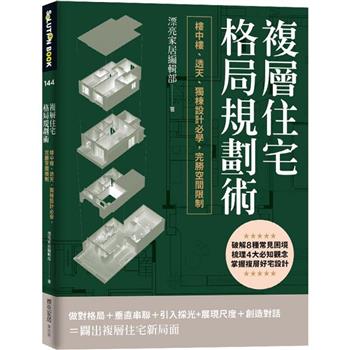This is Volume 8 of the collected works of the Reverend Daniel Waterland, a significant figure in 18th-century theological debate. This volume presents a collection of Waterland’s writings, carefully arranged and presented for the first time. It also includes a comprehensive review of Waterland’s life and writings, offering readers invaluable insight into his intellectual development and the context of his theological contributions.
Daniel Waterland (1683â€"1740) was a prominent English theologian who vigorously defended orthodox Christian doctrine against Arianism and other heterodox views. His works are essential for understanding the theological landscape of the period and the development of Anglican thought. This collection allows scholars and interested readers to engage directly with Waterland’s arguments and explore the nuances of his theological positions.
“The Works Of The Rev. Daniel Waterland...†offers a comprehensive resource for those studying the history of theology, the Church of England, and the intellectual history of the 18th century.
This work has been selected by scholars as being culturally important, and is part of the knowledge base of civilization as we know it. This work was reproduced from the original artifact, and remains as true to the original work as possible. Therefore, you will see the original copyright references, library stamps (as most of these works have been housed in our most important libraries around the world), and other notations in the work.
This work is in the public domain in the United States of America, and possibly other nations. Within the United States, you may freely copy and distribute this work, as no entity (individual or corporate) has a copyright on the body of the work.
As a reproduction of a historical artifact, this work may contain missing or blurred pages, poor pictures, errant marks, etc. Scholars believe, and we concur, that this work is important enough to be preserved, reproduced, and made generally available to the public. We appreciate your support of the preservation process, and thank you for being an important part of keeping this knowledge alive and relevant.












